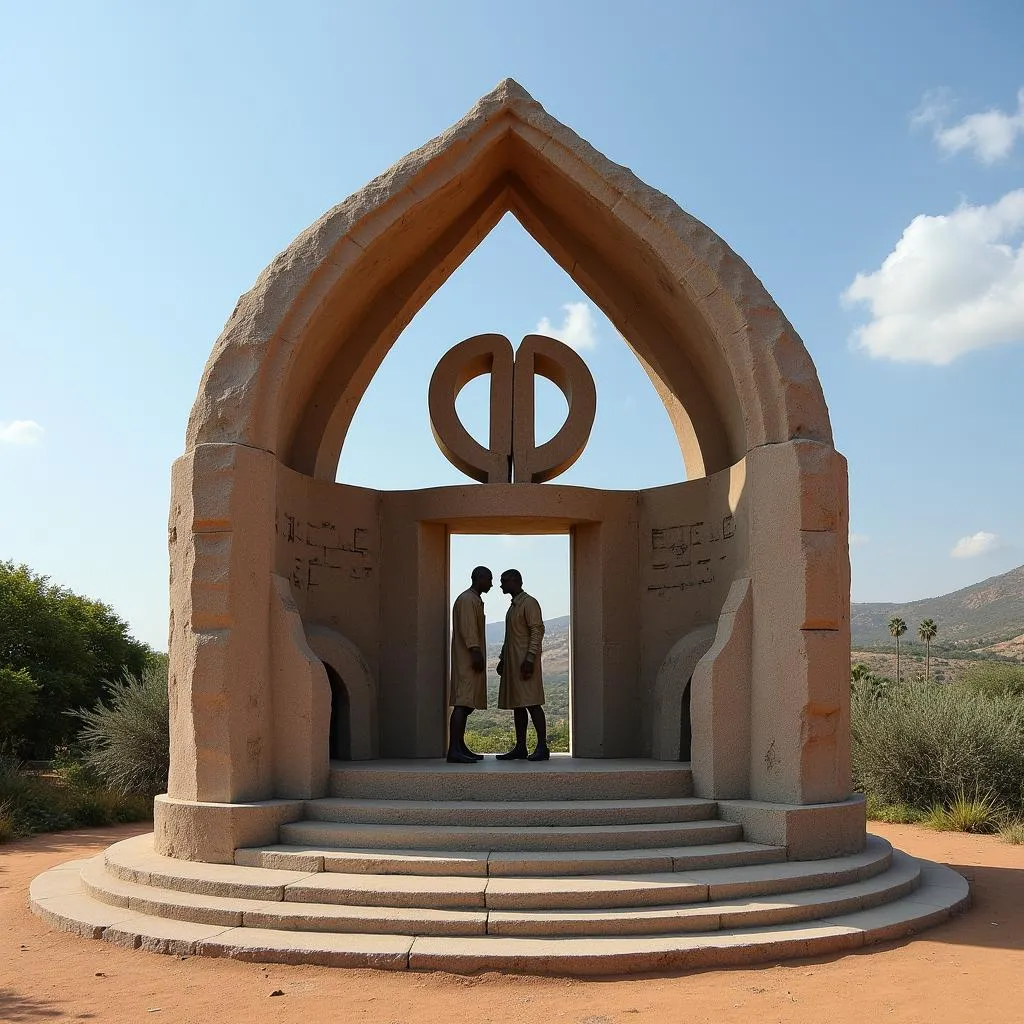The Vital Role of Blood Donation in African Communities
Blood donation is a life-saving act that plays a crucial role in healthcare systems worldwide. In Africa, where access to healthcare can be limited, blood donation is even more critical. This article delves into the significance of blood donation in African communities, exploring its impact on various aspects of life.
The Need for Blood in Africa
Africa faces numerous health challenges, including high rates of infectious diseases, maternal mortality, and anemia. These conditions often require blood transfusions, placing a significant strain on blood banks across the continent. The demand for blood is particularly high in countries with high birth rates, inadequate infrastructure, and a lack of access to specialized medical care.
[shortcode-1]blood-donation-africa|Blood donation in Africa: A lifeline for patients|This image depicts a volunteer blood donor in an African country, highlighting the importance of blood donation in providing crucial medical care to patients in need.
Challenges to Blood Donation in Africa
Despite the urgent need for blood, several factors hinder blood donation in Africa:
- Limited awareness and understanding: Many individuals lack knowledge about the benefits of blood donation and the safety procedures involved.
- Fear and misconceptions: Myths and superstitions surrounding blood donation can discourage potential donors.
- Lack of access: Transportation and logistical challenges can prevent people from reaching blood donation centers.
- Financial constraints: Some individuals cannot afford to donate blood due to transportation costs or time off from work.
- Limited infrastructure: Insufficient blood banks and outdated equipment can hinder the efficient collection and distribution of blood.
The Impact of Blood Donation on African Communities
Blood donation saves lives and improves the health of individuals and communities across Africa.
- Treatment of diseases: Blood transfusions are crucial in treating a wide range of illnesses, including anemia, leukemia, and trauma.
- Maternal health: Blood transfusions are essential for women experiencing complications during pregnancy and childbirth.
- Surgical procedures: Blood transfusions are often necessary during surgical procedures, especially in emergency situations.
- Disaster relief: Blood donation plays a vital role in emergency response efforts following natural disasters or outbreaks.
Promoting Blood Donation in Africa
To overcome the challenges and increase blood donation rates in Africa, various strategies are being implemented:
- Education and awareness campaigns: Public health initiatives are raising awareness about the importance and safety of blood donation.
- Community mobilization: Community leaders are actively encouraging citizens to donate blood.
- Improving access: Mobile blood donation units are being deployed to reach remote areas.
- Financial incentives: Some organizations offer incentives to encourage blood donation.
- Technological advancements: Innovative mobile applications and online platforms are simplifying the blood donation process.
[shortcode-2]blood-donation-drive-africa|Blood donation drive in an African community|This image shows a blood donation drive organized by a local organization in Africa, demonstrating the efforts to increase awareness and participation in blood donation.
Dr. Amina Hassan, a leading hematologist in Tanzania, emphasizes the crucial role of blood donation in saving lives:
“Blood donation is not just a medical procedure, it’s an act of compassion and a gift of life. We need to encourage more people to become regular blood donors, so we can ensure a steady supply of blood for those in need.”
The Importance of Safe Blood Donation
Safe blood donation is paramount to protect both donors and recipients. Blood banks adhere to strict protocols for screening donors and testing blood for infectious diseases.
- Donor screening: Individuals donating blood undergo thorough health checks and assessments to ensure their suitability.
- Blood testing: Blood samples are tested for diseases like HIV, hepatitis, and syphilis to prevent the transmission of infections.
- Storage and distribution: Blood is stored and transported under controlled conditions to maintain its quality and safety.
Conclusion
Blood donation is a vital act of compassion and a cornerstone of healthcare systems in Africa. By addressing the challenges, promoting awareness, and ensuring safe practices, we can foster a culture of blood donation that benefits individuals, communities, and the continent as a whole.
FAQ
Q1: Is it safe to donate blood?
A1: Yes, blood donation is safe when done through reputable blood banks that follow strict protocols for donor screening, blood testing, and storage.
Q2: How often can I donate blood?
A2: The frequency of blood donation varies depending on your health status and the type of blood donation. Consult with your doctor or a healthcare professional for specific guidelines.
Q3: What are the benefits of donating blood?
A3: Donating blood not only saves lives but also has health benefits for the donor, such as reducing the risk of iron overload and promoting cardiovascular health.
Q4: How can I find a blood donation center near me?
A4: You can search online for blood banks or contact your local healthcare facilities for information on blood donation centers in your area.
Q5: Can I donate blood if I have a specific medical condition?
A5: You may be eligible to donate blood even if you have certain medical conditions. Discuss your health history with the blood bank staff to determine your eligibility.
[shortcode-3]blood-donation-center-africa|Blood donation center in Africa|This image showcases a blood donation center in Africa, highlighting the facilities and services offered to donors.
[shortcode-4]blood-donation-campaign-africa|Blood donation campaign in Africa|This image illustrates a blood donation awareness campaign in Africa, emphasizing the importance of community engagement and support for blood donation.
Remember, every drop of blood counts!
Kêu gọi hành động: Khi cần hỗ trợ hãy liên hệ Số Điện Thoại: +255768904061, Email: [email protected] Hoặc đến địa chỉ: Mbarali DC Mawindi, Kangaga, Tanzania. Chúng tôi có đội ngũ chăm sóc khách hàng 24/7.

